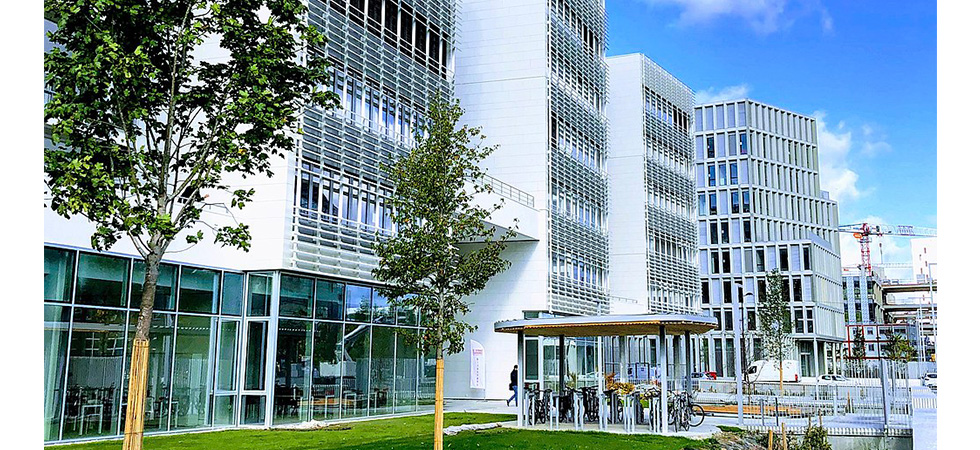Assumption Professor Organizes International Symposium on Latin American Women’s Public Participation, Contributions, and Challenges

Juan Carlos Grijalva, Ph.D., associate professor of Spanish and chair of the Department of Modern and Classical Languages and Cultures, has contributed to the development of an international symposium during which renowned scholars from throughout the world will discuss women in Andean region history, politics, and culture.
The symposium, entitled Gender and Women in the History, Culture and Politics of the Andean Region, XIX-XX Centuries, will take place from August 23-27 in Paris, with a blend of virtual and in-person sessions, and feature 16 scholars in the social sciences and humanities from Spain, Ecuador, France, and the United States. The event is part of the XIX AHILA (Association of European Latin American Historians) Congress.
“Latin America is experiencing now the increasing presence of women’s movements and organizations, new legal reforms on women’s rights and new research studies on women’s social, political, and historic contributions,” he shared.
Prof. Grijalva has long researched women’s studies and gender perspectives and is currently writing a book on how 19th-century male writers and politicians in Ecuador controlled and censored female authors subjectively, and how, in turn, women writers responded. In November 2019, he was invited by the Ecuadorian Embassy in Paris and the University of Paris 8 to share some of this research.
“The idea of organizing an interdisciplinary, transnational, and comparative discussion on women’s representations and social participation in Latin America has been on my mind for some years,” he said, adding that it was challenging to find colleagues in Colombia, Mexico, and Ecuador to join his project, but he didn’t give up, ultimately teaming up historian Tatiana Salazar, who is working on her doctoral dissertation in history at the Universidad del País Vasco in Spain, and historian and literary critic Emmanuelle Sinardet, Ph.D., professor of civilization at University of Paris Ouest-Nanterre, who “embraced the idea as their own.”
Prof. Grijalva and his partners selected the most compelling presentations from the more than 40 proposals they received from research scholars in the U.S., Ecuador, Colombia, Bolivia, France, Chile, Mexico and other countries, putting in place “a very powerful academic discussion,” according to Prof. Grijalva, but then the COVID-19 pandemic put everything on hold for nearly a year.
Not only did Prof. Grijalva’s planned symposium survive the pandemic with few changes, the global health crisis made their topic even more relevant. “I believe our discussion touches a hard reality of Andean and Latin American societies, something that the COVID-19 pandemic perhaps only intensified,” he shared, adding that the “situation of invisibility, lack of rights, and exploitation suffered by many women in the region” has been magnified over the last year.
This is the third international symposium that Prof. Grijalva has organized, and the second in Paris. The previous academic event was a colloquium on literature and nationalism, which compared two key intellectual figures of Mexico and Ecuador in the 20th Century, José Vasconcelos and Benjamin Carrión. The event, of which the Ambassadors of Mexico and Ecuador to France were in attendance, was co-sponsored by the Mexican Cultural Institute in Paris, the Embassies of Mexico and Ecuador in France, the University of Paris-Ouest Nanterre, and Assumption University.
All of the symposium’s discussions will be screened for free online. The in-person discussion of the symposium will take place at the Campus Condorcet in Paris, an organization “dedicated to research in humanities and social sciences, with facilities aimed at responding to the pedagogical, scientific, and digital challenges of the 21st century,” according to their website.
Prof. Grijalva added that the team plans to publish a new book of the topics discussed during the symposium, which will be published by Crisol, an electronic journal of the University of Paris-Ouest Nanterre.
